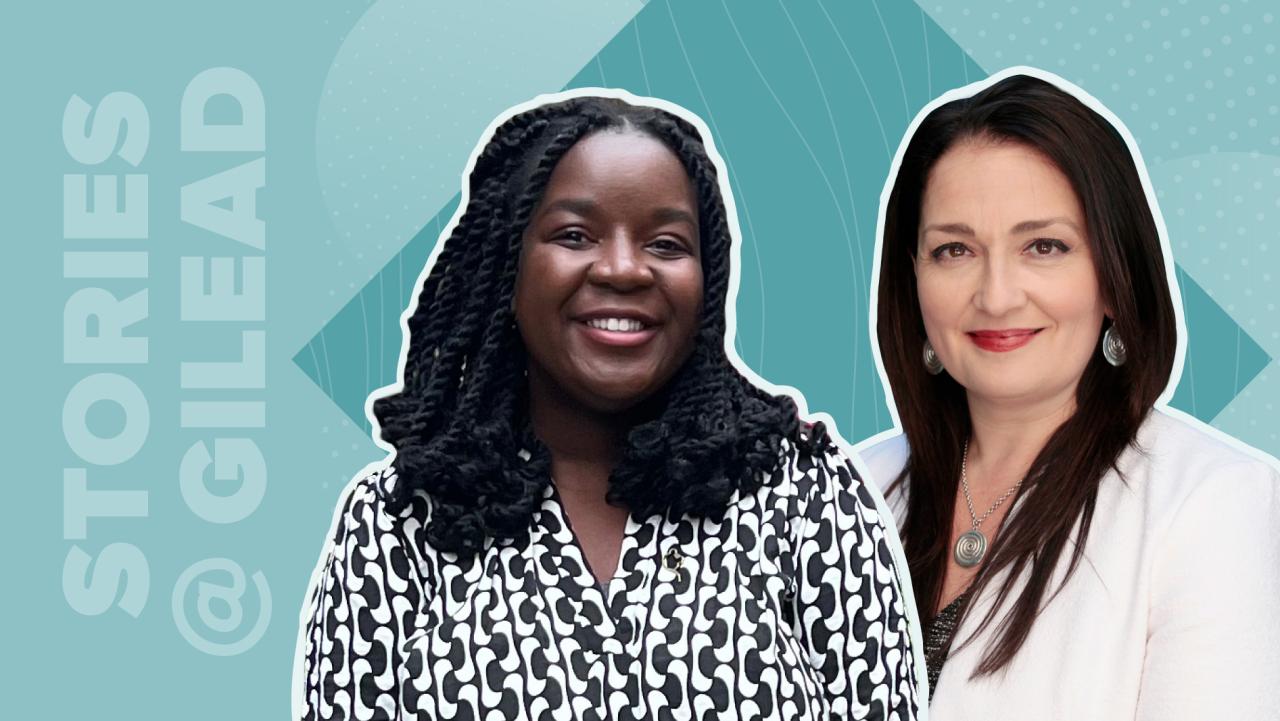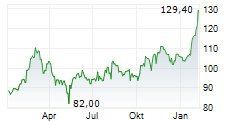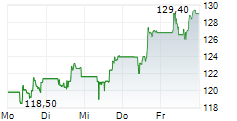
NORTHAMPTON, MA / ACCESSWIRE / October 8, 2024 / In the early 2000s, Dr. Shannon Hader led the U.S. Centers for Disease Control and Prevention's collaboration with the Zimbabwe Ministry of Health that provided tens of thousands of people with much-needed HIV care.
Shannon, a public health and infectious disease specialist, returned to the United States in 2006 to witness a vastly different situation in the nation's capital. Washington, D.C. was facing a public health crisis with the highest rates of HIV in the nation. Shannon found that the district was resorting to an outdated HIV response system, so she prioritized the use of updated data and began introducing some of the innovative practices from the work in Africa to the work in the U.S.
"For a long time, it's been very easy to pretend that the wealthy countries are fine - that it's the non-wealthy countries that aren't doing well," she explains. "However, the reality is every single country in the world has more to do to help end the HIV epidemic. As the epidemic and tools evolve, our practices must evolve with them."
That's the crux of a new report, Going the Extra Mile to End the HIV Epidemic, that she helped author with Dr. Junko Tanuma of the National Center for Global Health and Medicine in Japan, and Mercy Shibemba, a health equity advocate for young people living with HIV in the UK. The report, commissioned and funded by Gilead, offers a roadmap that could help countries achieve the United Nations' goal of eliminating HIV by 2030. It also maintains that the tools are available to end the epidemic, but countries need to do more.
"There's really no reason why we can't achieve it," says Mercy. "But we're less than six years away from the United Nations' goal of eliminating HIV by 2030 - and no country is close to that goal, despite having the tools and resources that can help us get to zero."
To measure progress, the authors examined programs in nine Western countries, highlighting key takeaways from each nation's approach and potential areas for improvement. Despite major advances in scientific innovation, access to care and growth of health systems, there are still millions of people around the world living with HIV.
The report emphasizes the need to implement national strategies focused on four key areas. These include broader use of prevention, large-scale screening for diagnosis, expansion of community-based care and use of tools to measure quality of life and gauge success. It also examines the social factors that still stand in the way of progress, such as stigma, discrimination and health equity and access to care.
Mercy's own journey is an example of these obstacles, as she was born in 1998 with HIV but her sister, who is a few years younger, wasn't. "The thing that separated us was equity and access, which are key issues that can help end the epidemic," she says.
Mercy grew up worrying people would reject her if they discovered she was living with HIV. She believes it's this fear of stigma and discrimination that still prevents many from getting the care they need today.
Shannon agrees, noting, "HIV is also a social issue, therefore we need to meet people where they are to help overcome stigma and discrimination."
Now Dean of International Service at American University in Washington, D.C., Shannon regularly appeals to global leaders to help their communities work on progress in the prevention, testing and treatment of HIV within the next five years. She also looks to Gilead to continue to develop transformative therapies for those living with HIV and other diseases.
Both women reflect on what the epidemic could look like in 2030 and beyond, with Shannon saying hopefully, "My wish for you, Mercy, is that you'll know what it's like to live in a world where someday the epidemic has ended and there is a cure."
Originally published by Gilead Sciences

View additional multimedia and more ESG storytelling from Gilead Sciences on 3blmedia.com.
Contact Info:
Spokesperson: Gilead Sciences
Website: https://www.3blmedia.com/profiles/gilead-sciences
Email: info@3blmedia.com
SOURCE: Gilead Sciences
View the original press release on accesswire.com




